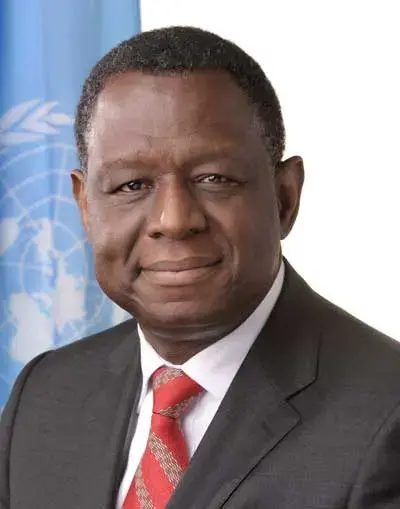“I still hear my mother’s cries and moans in pain. I can recall how exhausted she finally was before she surrendered to death”, says Freshta a student of midwifery at the Herat Institute of Health Studies.
Freshta and her 4 siblings were orphaned by the painful death of their mother due to obstructed labour, where no help from a skilled birth attendant was available. Freshta was only 11 by then and the youngest sibling, a sister was only 6, Sadaf and Sonita both girls were 19 and 16. Freshta’s mother might have been trying in the hope of having a second son after her only male child, Jalil who was 18 by then.
It was midnight in remote Kamana Village, Kohistaan District of Herat Province of Afghanistan, almost eight years ago, Freshta, was hearing her pregnant mother’s cries for help. The only help available was from an old woman from their neighborhood.
“I prayed that my mother would be saved, and that her pain is relieved. I prayed and cried for help”, said Freshta, “I wish an angel would come and save my mother”, she continued in grief. Her mother’s screams and cries faded into groans from exhaustion and pain and then she was silent forever, with the unborn baby still struggling and then was dead in few minutes.
Maternal deaths are mostly caused by complications that are preventable, if a mother seeks antenatal care and institutional delivery in the presence of a skilled birth attendant. However, mothers and babies still die every day, in poor and underserved communities. Afghanistan is one of those places where women face the highest maternal death rates in the Asia and Pacific region. Women have a 1 in 52 chance of dying from pregnancy-related causes, according to the most recent United Nations data and 33% of women do not have access to basic health care.
When her mother passed away, Freshta was a fourth grader at school. Then, she decided to become a health worker, who would help save the lives of women as her mother. Now that family health houses are spread to her village, Freshta got the chance to chase her dream and become a midwife
Midwives rescue lives. According, to the most recent state of the world’s Midwifery report, well-trained midwives could help to prevent approximately two thirds of all maternal and neonatal deaths. Also, they could provide around 87 percent of all basic sexual, reproductive, maternal and neonatal health services.
Freshta says, “This story is not only of my mother there are many other children who have a painful story such as mine. There are numerous other villages where babies lose their mothers. When I become a midwife I will do all I can to help save the lives of mothers in my village. I encourage other Afghan girls to do the same.”
Despite, huge achievements since 1990 with a 44 per cent decline in maternal mortality ratio, causes related to pregnancy and child birth still take the lives of 830 mothers every day.
“The family health houses, led by midwives and providing skilled birth attendance, have been greatly welcomed not only by the Afghan government but by people of each province where they were established. UNFPA Afghanistan is making all efforts to expand the reach of these family health houses, to increase access to maternal health services in remote, unserved areas of Afghanistan where no services exist.”, says Dr. Bannet Ndyanabangi.
Freshta was chosen by the heads of her village to be trained as a midwife and work in the family health house in her village. Her training and the establishment of the family health houses is supported financially by the Italian Cooperation for International Development with technical support from UNFPA.
Family Health Houses (FHHs) are small local clinics which are intended to deliver essential Reproductive, Maternal, Neonatal and Child Health Care services by professionally trained midwives. Currently UNFPA supports 123 FHHs in Daikundi, Bamyan, Frayab and Herat supported by Italian Agency for Development Corporation, Global Affairs Canada and UNFPA. In 2017 around 112,000 people received essential reproductive health care services through these FHHs. With generous funding from the Italian Agency for Development Corporation 35 new FHHs will be built in remote and underserved areas of Ghor and Herat and another 115 FHHs in 5 priority provinces with generous support from Global Affairs Canada.
The Afghan Ministry of Public Health with the support of UNFPA is currently assessing provinces.
Freshta is now studying in the Community Midwifery Education Program; in two years she will return back to her village to provide Reproductive and maternal Health services in the Family Health House (FHH) built with contribution of her own community.
“I am really thankful to the people of Italy, Ministry of Public Health and UNFPA for providing such an opportunity; I am going to do my best; to get the most out of my studies and to provide healing for pains of girls like me and to be a guardian angel for mothers of my country”, said Freshta.
Ghezaal Salehi



